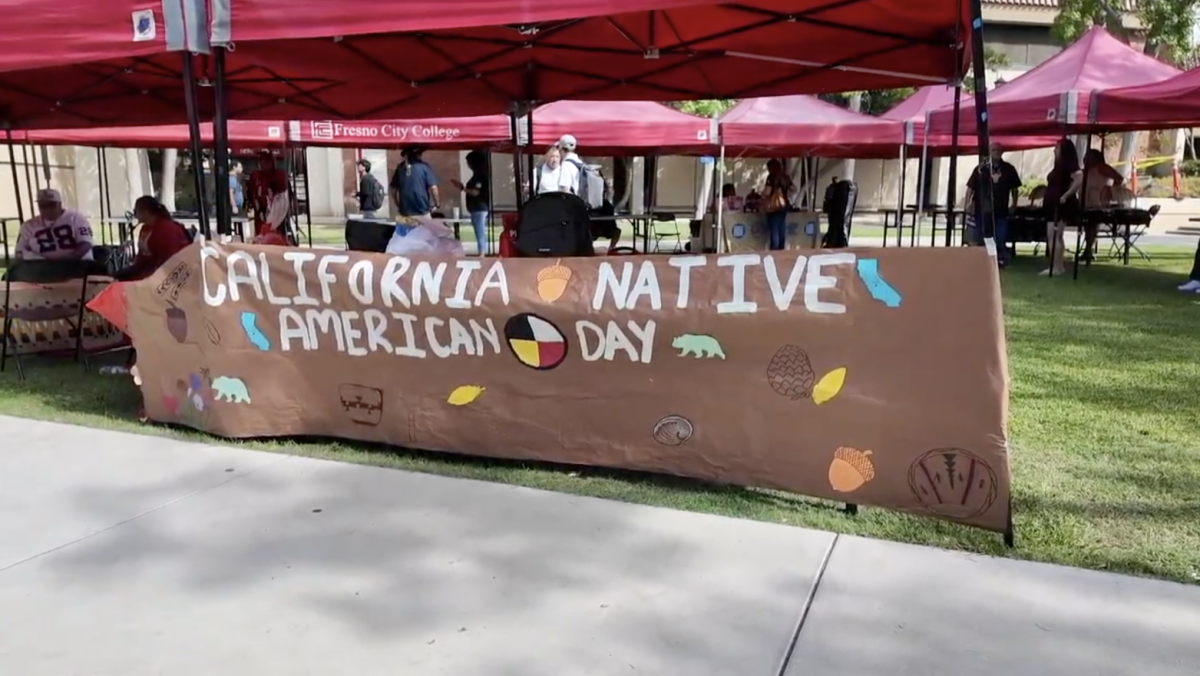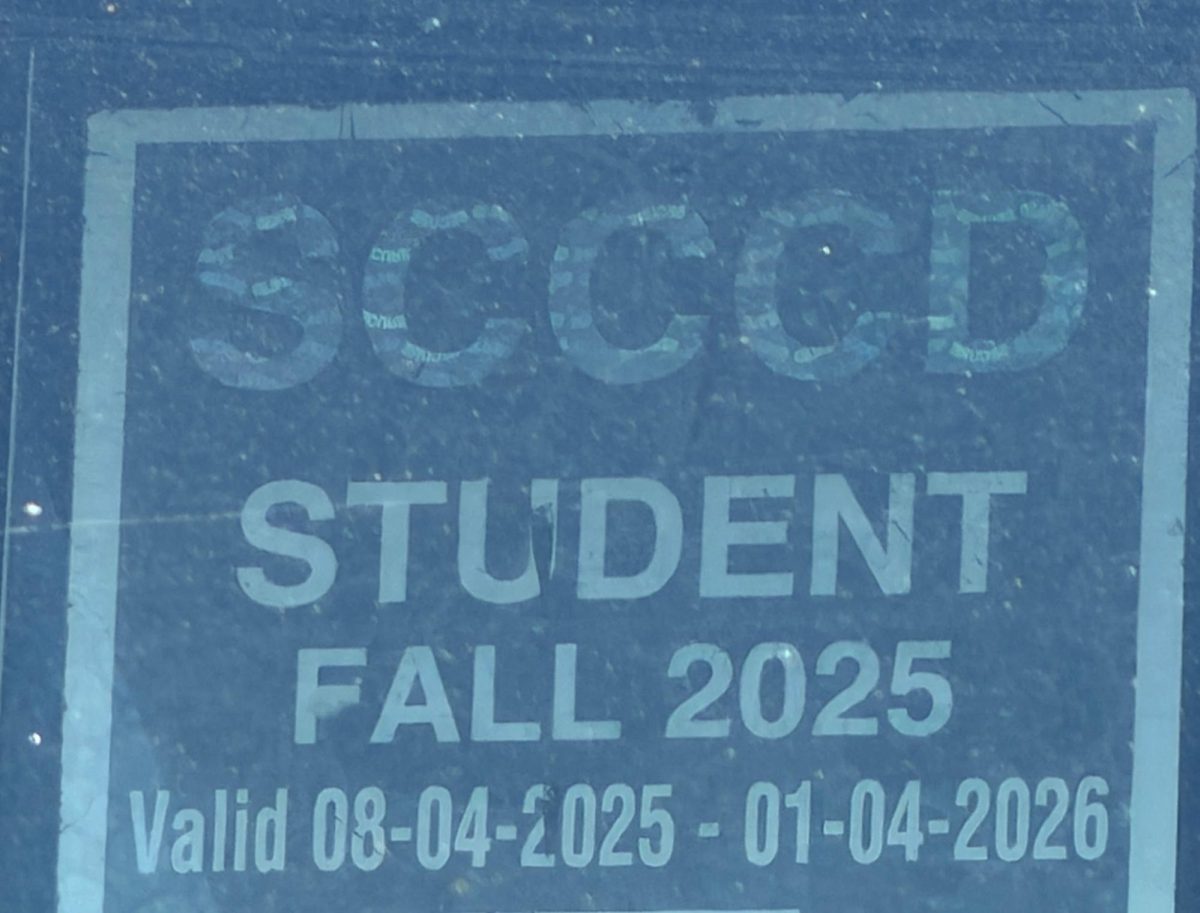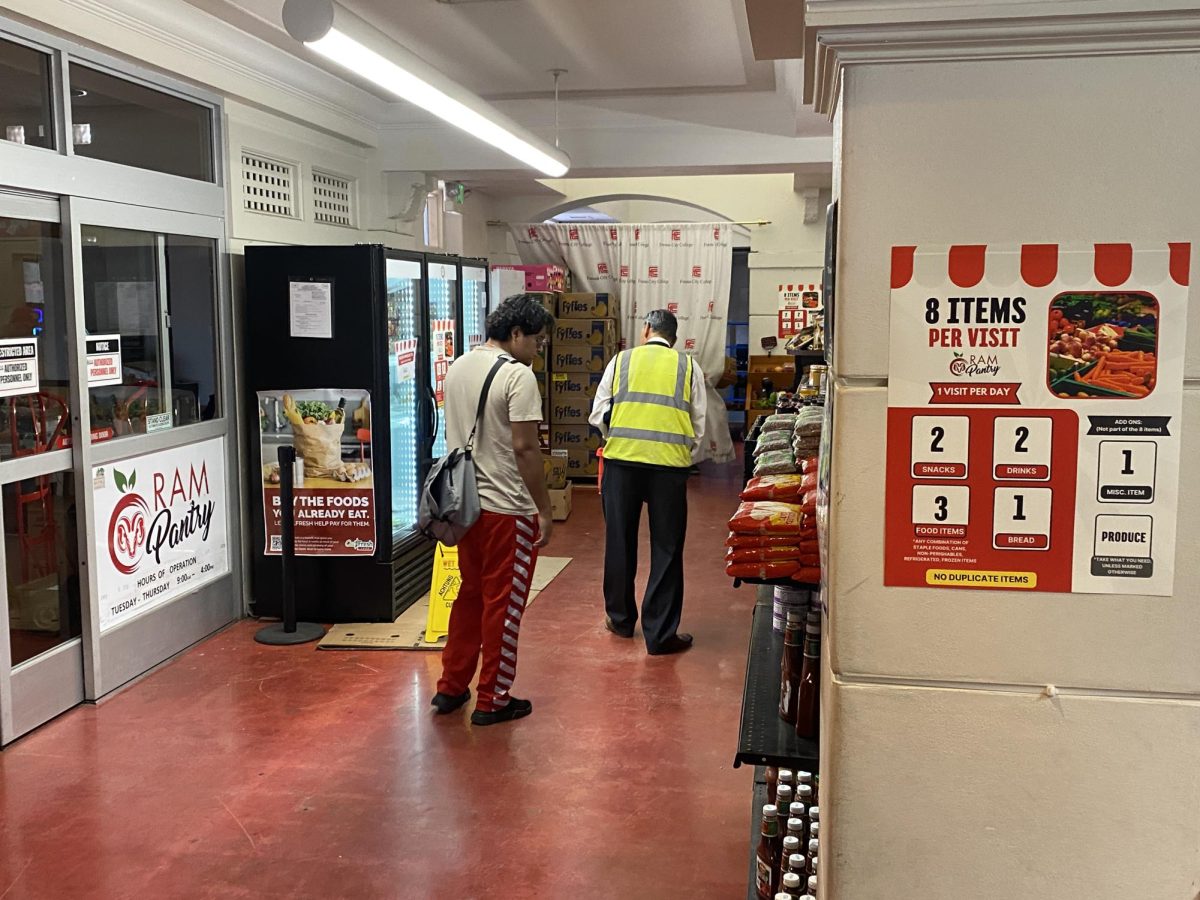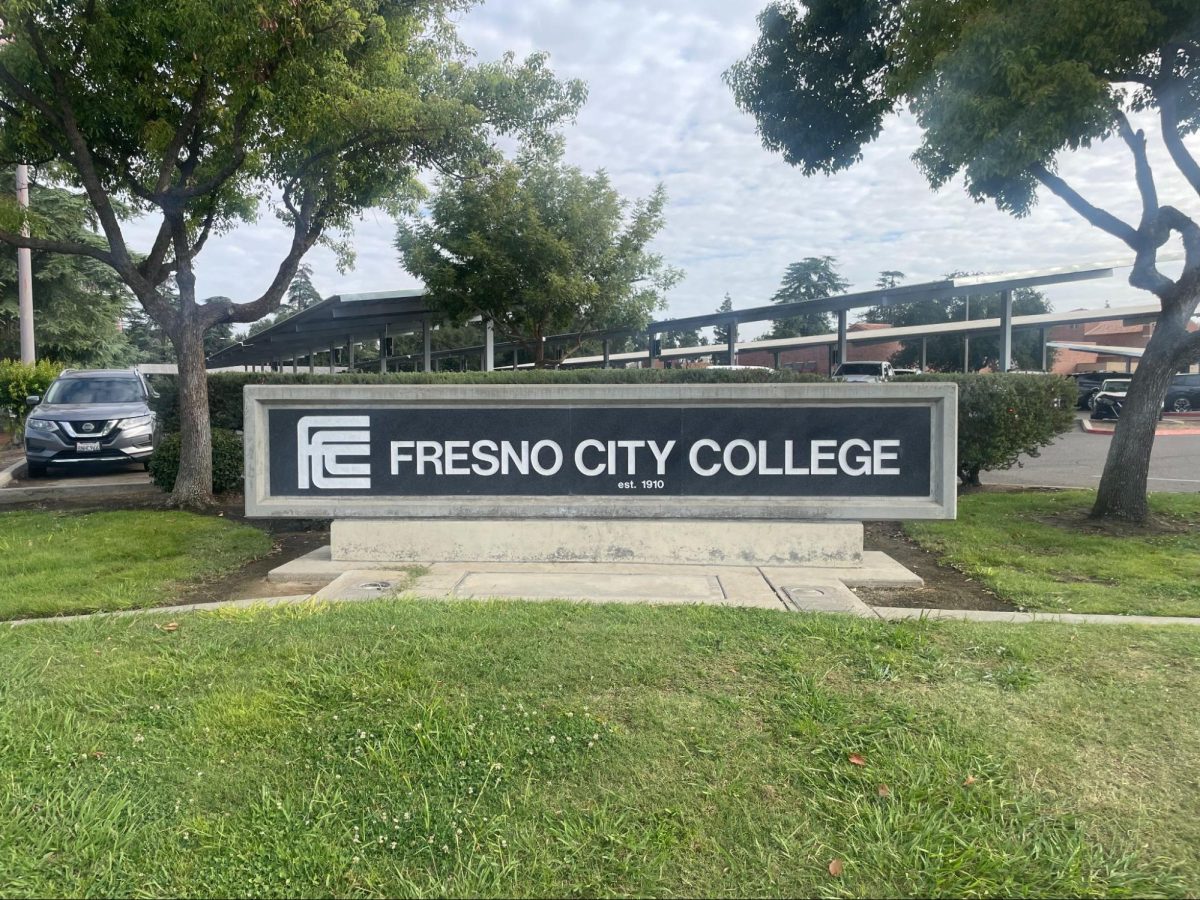In the summer of 2001, my father quit his job. The reason was that the corporation for which he was working was short-changing clients and giving them poor service.
To make matters worse, they paid my father very poorly, not rewarding hard work and good quality of labor. He had a wife and two children to support, something he wouldn’t be capable of doing long on his salary.
Filmmaker Michael Moore regularly denounces this economic system in favor of socialism, ignoring the millions of dollars that he himself makes.
Last year, protests were made in the famous Occupy demonstrations, calling for the end of capitalism and corporate greed. And that’s the image that has been left in the minds of the people: when the word capitalism is uttered, the immediate image of fat cat corporations and slavery to the almighty dollar immediately come to mind. But is it a fair picture to paint?
After quitting his job, my father needed to find work if he was to provide for his family. His solution was to start his own competing business. Through hard work, excellent service, and honest business ethics, my father not only did well, but ran his old company out of town. We were able to leave a broken neighborhood for a nice suburb, and it was because of free enterprise that he was able to do so.
That, in a nutshell, is what capitalism is really about. Capitalism is simply the idea of people keeping the fruits of their labor. Unlike socialism, a capitalist system, the employee and the entrepreneur alike have more incentive to work; they know that the better they do, the more they sell, and the harder they work, the more money they’ll be able to take home. They have an opportunity to get what they need and then some.
And as for poverty and homelessness? While it is true that people in a capitalist society do run that risk, it isn’t fair to judge the entire idea on this. While we should have a government that looks after its people, it would be wrong of them to deny the dreamers and the innovators the chance to succeed, creating jobs and wealth for the good of everyone. In fact, one could easily argue that it’s bureaucracy, not capitalism, that is the issue.
Bureaucracy leads to over-regulation, and that regulation leads to high licensing fees, special taxes, and unnecessary hoops for people to jump through, discouraging small business.
This is what the occupiers should have been protesting. It’s this bureaucracy, promoted by the big corporations, that stamps down on the “little guy”. Bureaucracy, not capitalism, is the problem, and as long as these regulations are in place, less people will be able to reach their full potential.






